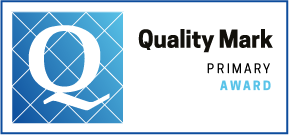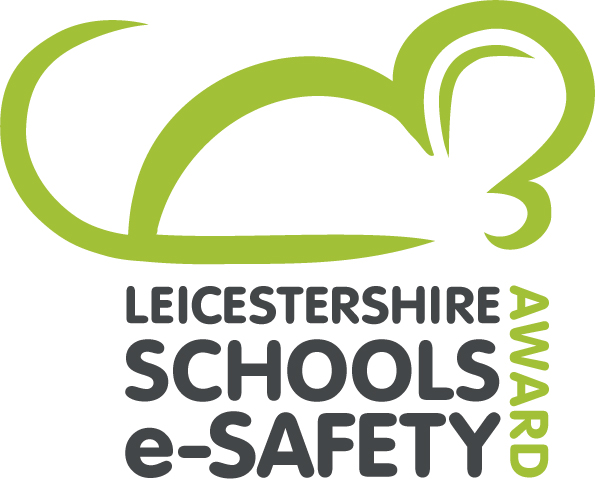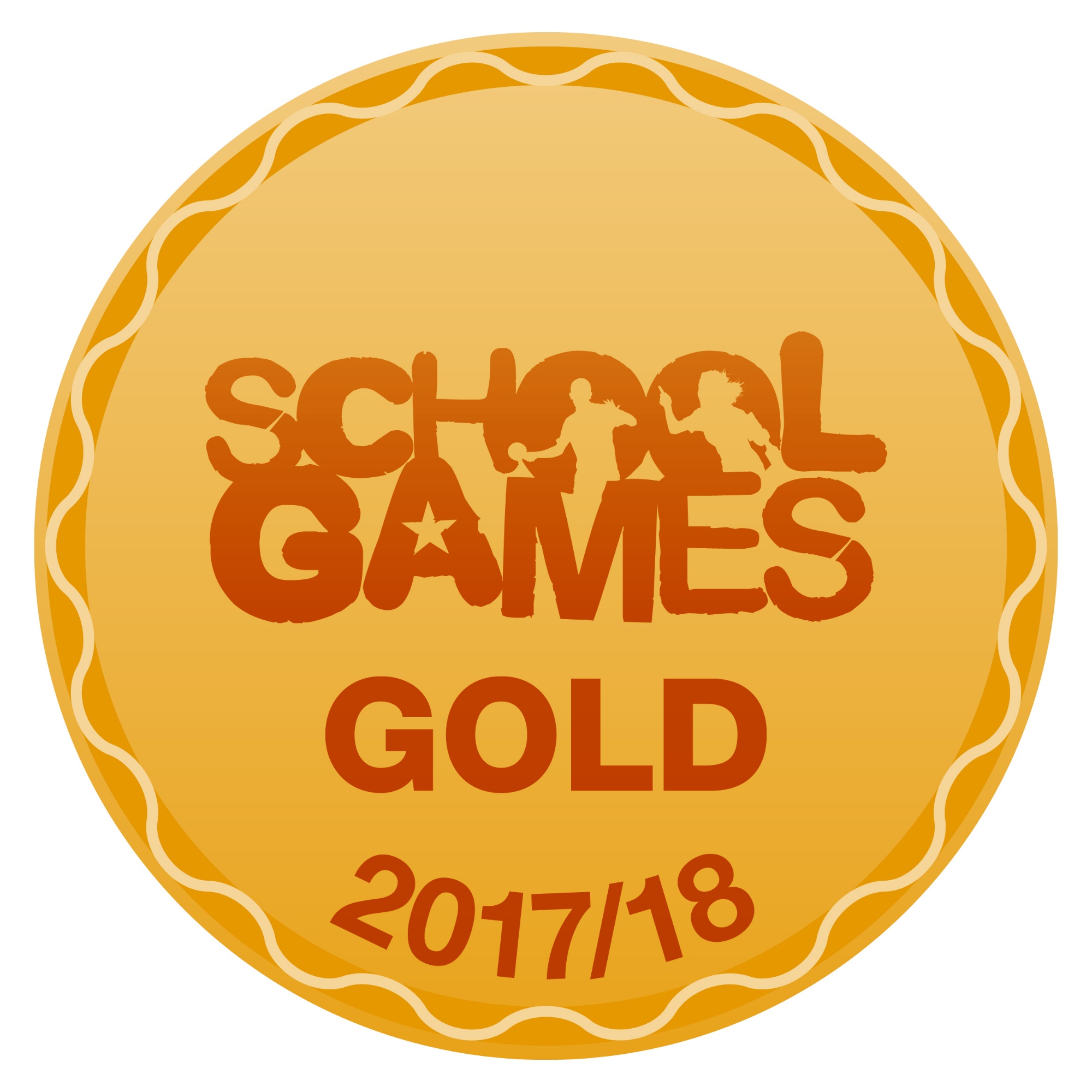Class 4 - Years 5 & 6
Welcome to Class Four!
Class 4 is made up of years 5 and 6, upper Key Stage Two.
Class 4 is fun, busy, interesting and energetic. We love what we do and we love learning: from maths to Martians, Bosworth Battlefield to Beowulf, Salvation to Shakespeare and so much more in between! Our classroom is vibrant and exciting and always full of eager, happy learners who are ready to be challenged.
In Class 4 we teach a broad and balanced curriculum, preparing learners for the end of Key Stage 2 and secondary school. We provide diverse, enjoyable and challenging learning experiences to ensure that everyone achieves their best.
In class four we equip learners with life experience and skills. Wherever possible, we build upon the overnight experience in Class Three with an extended three night residential trip to Beaumanor Hall, as well as an overnight stay at the National Space Centre. These trips further develop our learners' skills of independence and resilience whilst providing a rich array of opportunity and experience in a different setting. Learners experience the wider world and develop their skills ready for secondary school with regular opportunities to work, socialise with and engage with with learners from different schools. A trip to Warning Zone to learn more about dangers in the wider world.
We encourage values of independence and a positive attitude to learning. We show respect and understanding to all members of our school community, and play a vital role in our school’s leadership through our Learners Council, Sports Ambassadors, Diversity Champions and Internet safety roles.
Our class curriculum works on a two year rolling programme.
Thank you for visiting Class 4!
Mrs Underwood
Year A
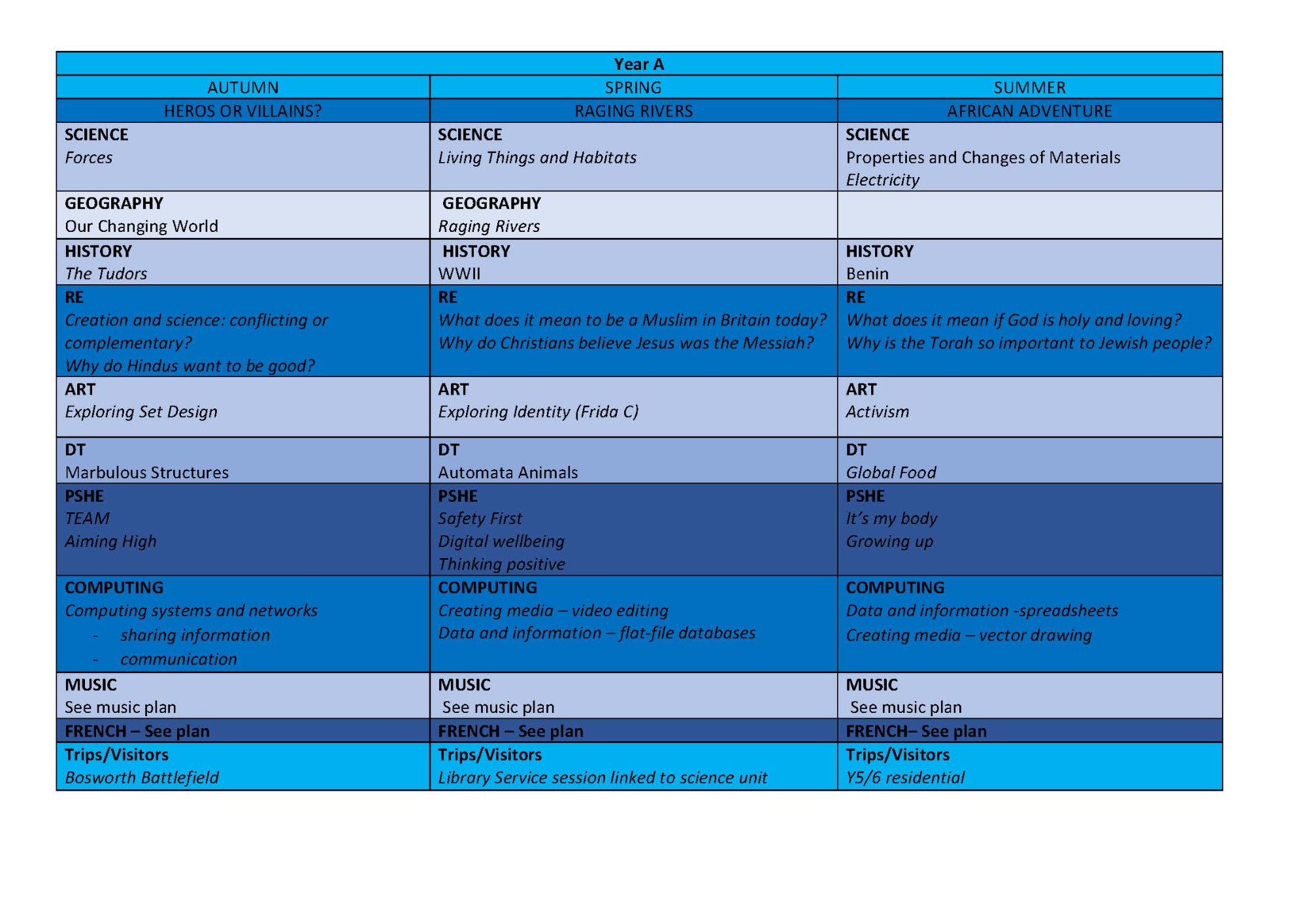
Year B
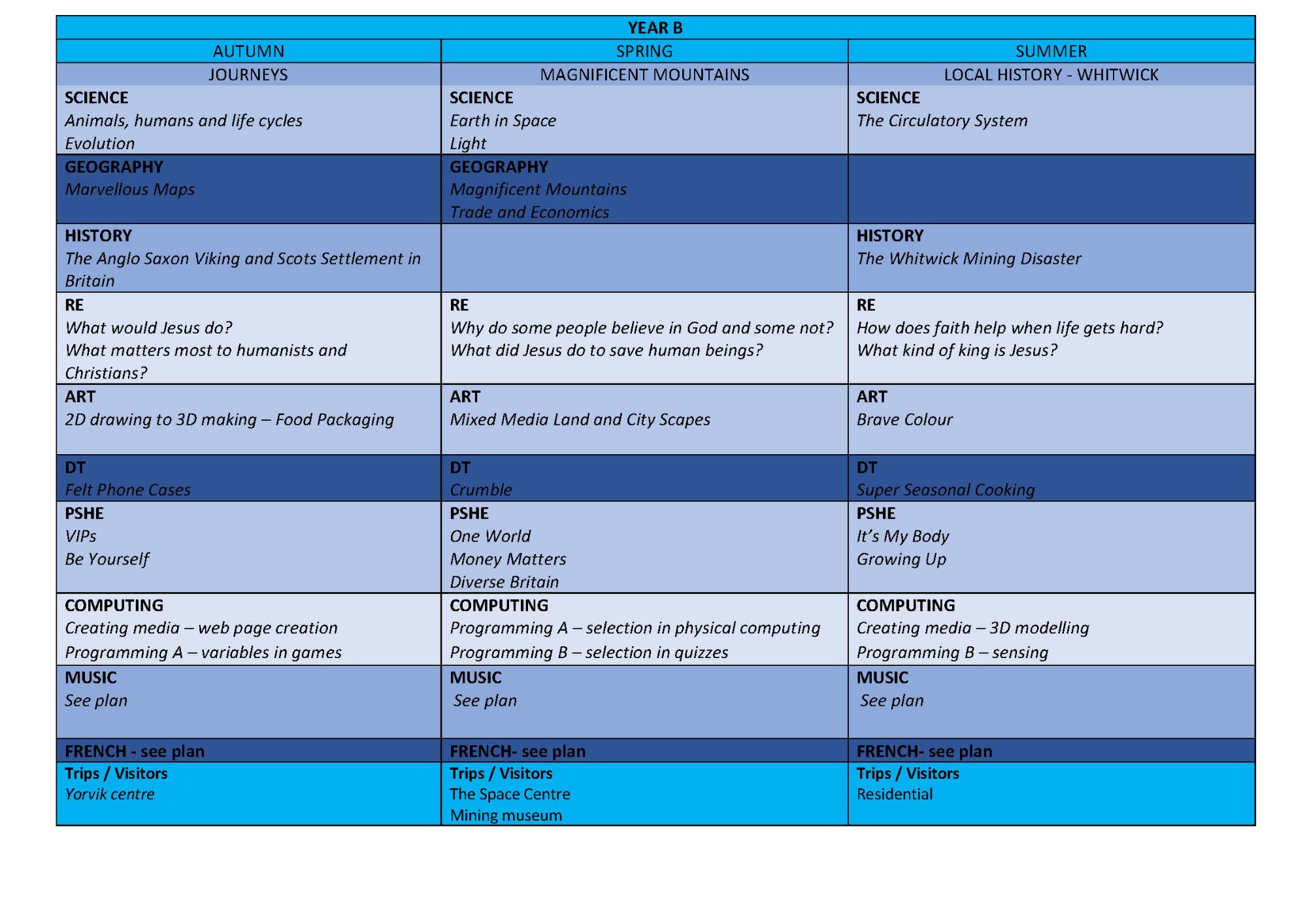
maths
We follow White Rose, making adaptations to suit the needs of our pupils.
In class 4 we continue to secure our times tables using TTRS. You can help at home by making sure that your child has at least 15 minutes a day to work on TTRS.
reading
We read a wide variety of texts in our shared reading lessons. Reading for pleasure is the biggest indicator of future success - you can help at home by reading to your child and by picking up a book to read yourself.
Writing
You can help at home by practising key spellings and by encouraging your child to write in full sentences in their best writing when doing homework. keeping a diary or holiday journal is another way of encouraging writing.
Homework
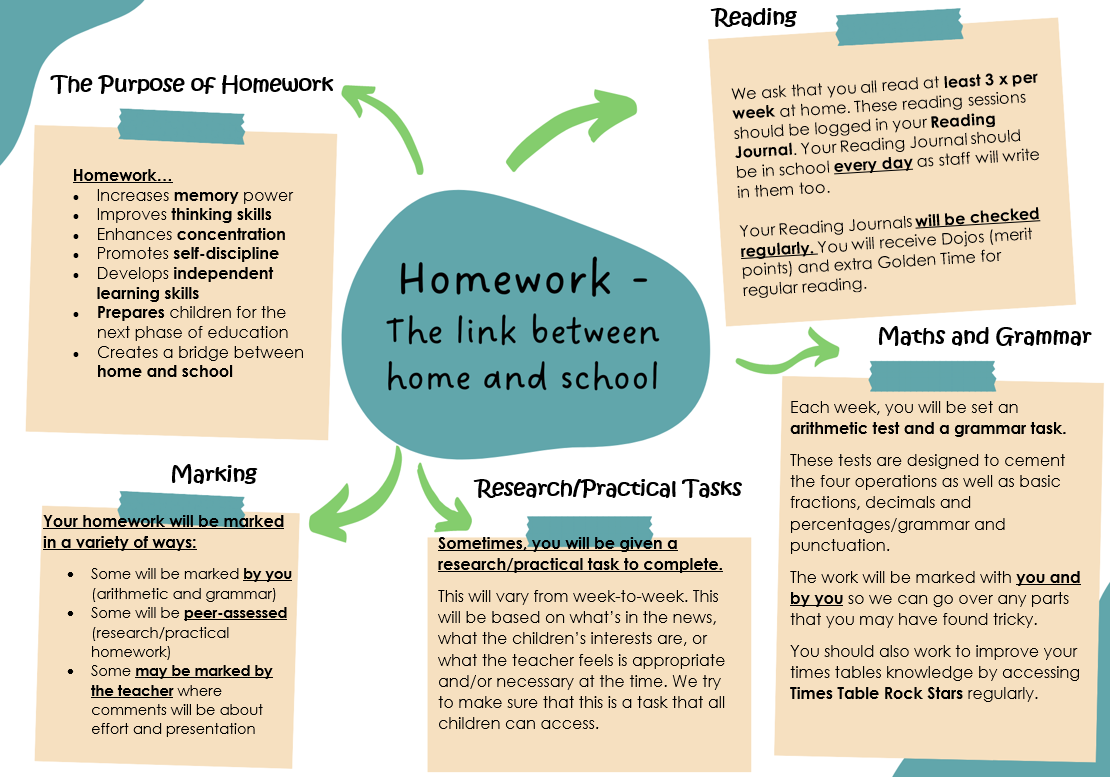
You will find a brief overview of units of work below and how your could help at home, for more information see our subject pages.
HeroEs or Villains?
The Tudor Dynasty started here in Leicestershire with the defeat of Richard at the Batle of Bosworth. You can help at home by taking us to the museum in Leicester which celebrates the discoveryof the king in the car park.
Do you remember that rhyme - divorced, beheaded, died, divorced, beheaded, survived? Was Henry really that bad? What about those who followed? We will need our detective skills to investigate:
- Was Richard III a hero or a villain?
- Why was he found in a car park?
- Why do historical accounts paint him as a villain?
- Why has the location of the battle of Bosworth moved?
- What role did black people play in Tudor Britain?
- What was Henry VIII really like?
- How did Henry VIII change British life?
- Which Tudor Monarch was the best?
We are thinking about war, monachy and religion.
In science we are making parachutes and exploring forces. More investigating.
In design it gets exciting - how do marble runs work - can we make one? We exmaine artefacts ( marble runs) design and test then make. You could make one at home.
In art we explore set design linked to Shakespeare, bringing us back to the Tudors.
raging rivers
We are off to Bradgate Park to investigage rivers. While we are there a quick visit to lady jane Grey's birthplace - those Tudors are everywhere. The atlases are out, we are finding facts about rivers around the world.
- Which is the longest?
- Where do they start and end?
- Can you tell amouth from a tributary?
Next we build on our knowledge of WWI to study WWII. You could take use to Bletchley Park to find out more. Our residential at Beaumanor in the summer will allows us to see the coding station. We are going to learn about Walter Tull and Alan Turing - returning to equality and diversity as core themes.
Our work in art focusses on identity.
In science we are building our knowledge of living things and habitats.
African Adventure
We are going back to Africa. We were there in year 2 (on safari) and in class 3 (Ancient Egypt), now we are studying the history of Benin. This brings us back to Trade, Monarchy and Empire - The British one this time.
- Soap, Margarine and tyres: Why did the British get involved in Benin and what were the effects for the Benin people ?
- What sort of place was Benin 1,000 years ago and how do we know?
- What can we tell about Benin society from the images and artefacts that have survived?
- What changes took place when the European settlers started trading?
- How similar and different was the system of government in Benin and other ancient civilisations?
In design we are cooking and in art looking at activism. (Should the Benin Bronzes be returned?) Maybe we could do some cooking at home? We are always happy to taste test.
In science we are looking again at materials and their properties. We are making circuits - this completments our physcial computing unit in year B using crumble.
We are off on our own adventure - Beaumanor hall- leaning into all of our learning habits.
Journeys
It is the autumn Term. Where did you travel to in the summer. Can you use a map to indetify features? Can you use an atlas to find counties, capitals, mountains and rivers?
We will be taking a walk around out village using a map and compass. We will be looking at histroical maps to find out about change - we come back to this in the summer term. You can help at home by taking me for a walk with a map, we could use an altals to find places we have been as a family.
Back to the maps - can you find any Anglo-Saxon settlemnts just using the names of places?
Here is a clue:
- ham (meaning 'home', as in Fulham, Westham and Birmingham)
- tun (meaning 'town', as Skipton)
- ford (meaning 'crossing in a river', as in Oxford)
- burna (meaning 'stream' as in Bournemouth and Blackburn)
- burh (meaning 'fortification', as in Canterbury; Bury St Edmunds and, simply, Bury)
We are looking at Monarchy, Empire and govenment to consider:
- Why did the Anglo-Saxons invade and how can we possibly know where they settled?
- How did the Vikings try to take over the country and how close did they get? (Why have the Vikings gained such a bad reputation?
- How have recent excavations changed our view of the Vikings?
- Raiders or settlers: how should we remember the Vikings?
A trip to York and the Yorvik centre is in store.
magnificent mountains
Why are there mountains?
Does it matter if toursits visit Everest?
We are thinking about the core geographical themes of enviromental change and impact, alongside cutlrural awarness and diversity. We return to this when considering trade and economics. This unit needs us to retrieve learning about trade in history. We will return to our knoeldge of rocks soils and extreme earth from class 3 to consider how mountains are formed. The maps and atalses are out. You can help at home by visitng Breedon the the Hill or Dovedale. We will go with school but a second visit is very welcome as we can share our learning with you.
In science we are off to the space centre and we are finding out about the planets and the movemnt of the earth in space.
The crumble kit is out for computing - it is a challenge for us all.
Local History - digging deEper
Do you know about the Whitwick Mining disaster?
We are investigating local history builing on our work at the Bosworth Battlefield. You could take us to the National Mining Museum to find out more.
- Why did so many people die in the Whitwick mining disaster?
- Who was responsible?
- Would it be better to work in a cotton mill or a mine?
- What was it like for a poor child in Victorian times?
We are connecting ourt learning with the core themes of government, civilisation and diversity.
In art we are making brave chocies with colour - do you dare?
We are cooking again - salads this time.
Our favourite computer unit - at last - 3D modleling. We design and make keyrings. Thye will be useful for secondary school.
As it is the summer we are back on residential, putting those learning habits to good work as we undertake a range of challenges.






